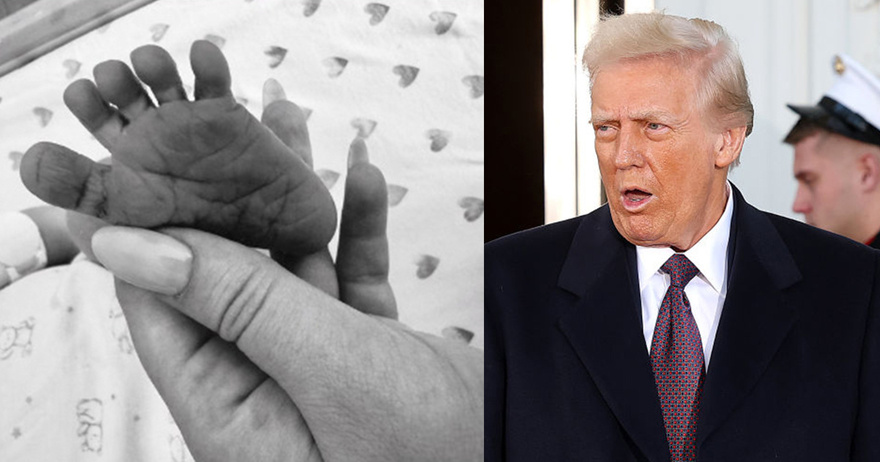Achieving your ideal physique, whether it’s a “summer body” or simply staying fit year-round, requires consistent effort in the gym. But equally important is what you do after your workout. Post-workout recovery plays a crucial role in optimizing the benefits of your exercise routine.

The goal of recovery is not just to relieve soreness but also to rebuild and strengthen muscles, which is essential for long-term fitness gains. While many focus solely on the workout itself, the steps you take after exercise are just as important. In fact, neglecting post-workout recovery can lead to decreased performance, increased injury risk, and prolonged muscle soreness. Below are five key tips to ensure that you maximize your muscle recovery and maintain your physical health after every gym session.
1. Hydration: Replenish Fluids and Electrolytes
One of the simplest yet most effective aspects of post-workout recovery is proper hydration. During exercise, especially intense physical activity, your body loses significant amounts of water and electrolytes through sweat. Failing to replace these lost fluids can slow down your muscle recovery process and impair overall performance.
Why Hydration Matters:
Water plays an essential role in transporting nutrients throughout the body, aiding in the digestion and absorption of proteins, carbohydrates, and fats that muscles need to recover. Additionally, dehydration can increase muscle cramps and delay the recovery of tissues and cells.
How to Hydrate:
- Water: Plain water is the go-to for most workouts, but it’s important to continue hydrating after exercise as well.
- Electrolyte-Rich Beverages: For high-intensity or long-duration workouts, sports drinks, coconut water, or homemade smoothies with electrolytes are excellent choices. These drinks replenish sodium, potassium, and magnesium, essential for maintaining muscle function and preventing cramping.
- Hydrating Foods: You can also increase hydration by incorporating fruits and vegetables rich in water, such as watermelon, cucumber, oranges, and leafy greens, into your post-workout meal.

2. Rest: Give Your Muscles Time to Recover
After exercising, it may be tempting to stay active or head straight back to your regular routine without taking the necessary time to rest. However, rest is vital for muscle repair and recovery, allowing your body to rebuild and adapt to the stresses of physical activity.
Why Rest Matters:
Muscle recovery primarily happens during periods of rest, particularly during sleep. While you sleep, your body enters a state of repair, producing growth hormones and engaging in protein synthesis that helps heal muscle tissues. Lack of sleep can negatively affect your body’s ability to recover and may even lead to muscle loss over time due to disrupted hormone levels.
How to Rest:
- Sleep: Ensure you get adequate sleep each night—aim for 7-9 hours for general fitness enthusiasts, and longer for athletes in high-demand sports. Professional athletes often prioritize up to 10-12 hours of sleep to maintain peak performance.
- Active Rest: While rest is critical, incorporating light activities such as walking, yoga, or swimming on your off days can promote blood circulation and keep muscles flexible without adding stress.
3. Stretching: Boost Flexibility and Blood Flow
Stretching is one of the most overlooked parts of a workout routine, yet it plays a crucial role in muscle recovery. Stretching after exercise helps to increase blood flow to the muscles, which delivers essential nutrients and oxygen needed for repair.
Why Stretching Matters:
Stretching helps alleviate post-workout soreness, improves muscle flexibility, and prevents injuries. By improving blood circulation, stretching allows muscles to get the necessary nutrients faster, aiding in recovery and reducing recovery time.
Types of Stretches:
- Static Stretching: This involves holding a stretch for 20-30 seconds and is best performed after a workout. It targets specific muscle groups and helps elongate the muscles to promote relaxation and recovery.
- Dynamic Stretching: If you prefer more movement, dynamic stretches are great as well. These stretches involve controlled movements to enhance flexibility while keeping your muscles engaged.
Regularly incorporating stretching into your post-workout routine can reduce muscle stiffness, improve range of motion, and prevent injuries.

4. Nutrition: Fuel Your Body for Recovery
What you eat after your workout directly impacts how effectively your body recovers. Proper post-workout nutrition replenishes glycogen (your body’s primary fuel source), repairs muscle fibers, and helps you feel more energized for your next workout. Your post-workout meal should primarily focus on two macronutrients: protein and carbohydrates.
Why Nutrition Matters:
During exercise, muscle fibers experience microtears, and protein is required to rebuild and strengthen these fibers. Meanwhile, carbohydrates replenish glycogen stores, providing energy for recovery and future workouts. Failing to consume enough of these nutrients can prolong muscle soreness and slow recovery.
What to Eat:
- Protein-Rich Foods: Include lean proteins such as chicken breast, turkey, tuna, eggs, and plant-based options like tofu, beans, and lentils. Protein powder can also be an efficient source of protein post-workout.
- Carbohydrates: Add complex carbohydrates like sweet potatoes, quinoa, oats, or brown rice to your post-workout meal. These help restore glycogen levels and give your muscles the energy they need for recovery.
- Healthy Fats: Don’t forget to include some healthy fats, such as avocados, nuts, seeds, or olive oil, which support overall health and aid in nutrient absorption.
Experts recommend eating a meal or snack rich in protein and carbohydrates within 30-60 minutes after finishing your workout for optimal recovery.
5. Massage: Relieve Soreness and Boost Circulation
Massage therapy is another powerful tool for muscle recovery. Whether done by a professional or using self-massage techniques, it can reduce muscle tightness, alleviate soreness, and promote overall relaxation. Massage enhances blood circulation, which, in turn, accelerates muscle recovery by delivering essential nutrients to the muscle tissues.
Why Massage Matters:
Massage is effective for reducing delayed onset muscle soreness (DOMS), which occurs 24-72 hours after an intense workout. It also stimulates lymphatic drainage, helping to remove toxins from the muscles and reduce inflammation. Plus, regular massages can enhance your sleep quality by promoting relaxation, making it easier to achieve the deep rest necessary for recovery.
Types of Massage:
- Foam Rolling: A form of self-massage, foam rolling targets trigger points or “knots” in your muscles, helping to release tightness and promote better blood flow. You can focus on large muscle groups like your quads, hamstrings, and back.
- Professional Massage: If possible, schedule a professional massage, which can focus on deeper muscle tissue and help alleviate long-term muscle tension.
- Percussion Therapy: Devices like massage guns have become popular for their ability to provide targeted deep-tissue massage and relieve soreness.
Regular massage, whether self-applied or from a professional, can shorten recovery times, reduce muscle tension, and even enhance athletic performance by keeping your muscles in peak condition.

Conclusion
Achieving better muscle recovery after the gym isn’t just about resting—it’s about actively engaging in practices that help repair your muscles and restore your body to full function. By prioritizing hydration, rest, stretching, proper nutrition, and massage, you can enhance your recovery process and set yourself up for better performance during future workouts.
Don’t overlook the importance of recovery in your fitness journey. With the right post-workout routine, you’ll not only feel better but also see improved results in terms of strength, endurance, and overall fitness. Whether you’re a seasoned athlete or just starting your fitness journey, taking care of your muscles after exercise is essential for long-term success.






























